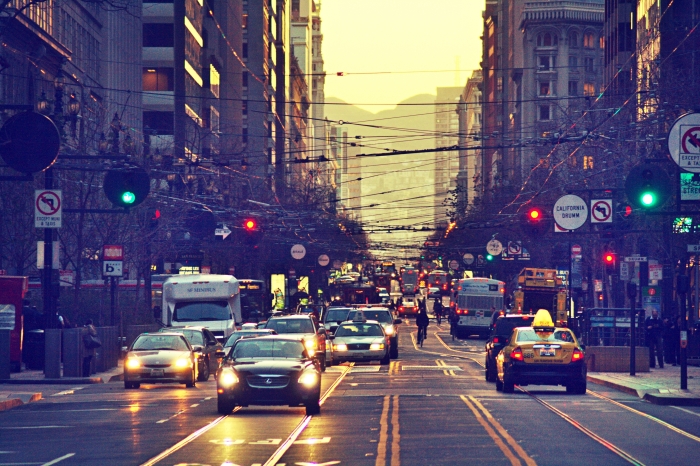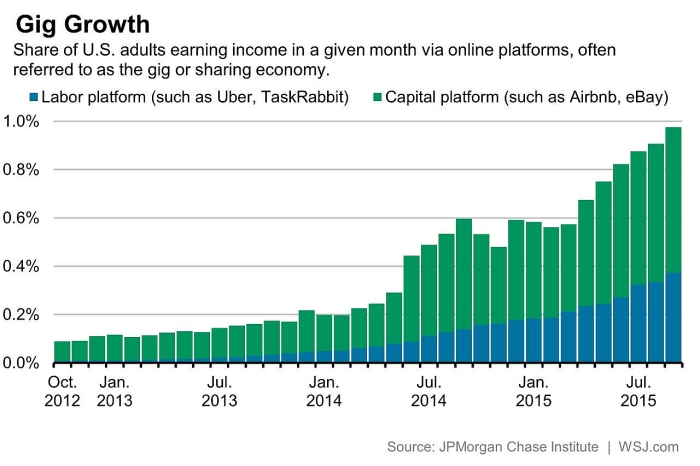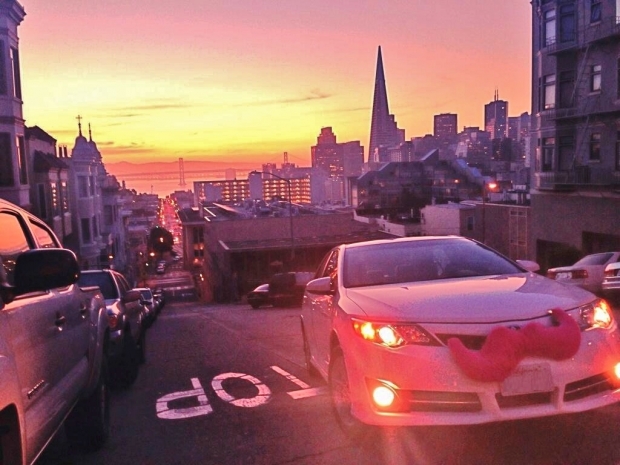The move will prompt nearly 37,000 drivers to obtain a $91 license within thirty days or revoke their rights to host rides on either service.
Apparently, the letter was prompted by the painstaking amount of time it took the city of San Francisco to identify all 37,018 individual drivers. The requirement will now classify all Uber and Lyft drivers within the city as “independent contractors” who will now comply with local city laws regulating businesses that earn less than $100,000 per year.
The city business license will cost drivers $91 per year. Also, if a driver has been hosting rides for multiple years, they are now required to pay a registration fee for the years they weren’t registered.
“We have a very broad and comprehensive business registration requirement,” Cisneros said. “This has been a law that has been around for many years. It’s very clearly spelled out on our website — the law here in San Francisco requires you to register your business with the city. If they missed that requirement, they are still obligated to do that.”
“Failure to respond to this letter may result in penalties and payment obligations,” the letter states.
While local authorities don’t expect that all 37,018 drivers who receive a letter are still drivers (or located in the region), they expect the $91 licenses to generate $3.37 million a year for the city of San Francisco.
“I take seriously my obligation to fairly implement San Francisco’s business regulation requirements,” San Francisco Treasurer Jose Cisneros said in a statement.
Currently, Uber and Lyft drivers are classified somewhere between the standard definitions of “full-time employee” and “part-time contractor.” Earlier this month, a San Francisco federal judge rejected a $12.25 million settlement that Lyft agreed to pay its drivers for not classifying them as “employees” or giving them reimbursement for driving expenses as well as rights and benefits of employees.
According to Lyft driver data through February 2016, the company’s drivers would have received an average of just $56 each after attorneys’ fees and other expenses. U.S. District Judge Vince Chhabria said in his court filing that the amount “short-changed” drivers and “does not fall within the range of reasonableness.” Attorneys now have the option of filing a new settlement motion no later than May.
Meanwhile, Uber is undergoing legal challenges of having its drivers’ statuses changed from independent contractors to employees. A clause in the company’s driver contract that would have prevented users from filing a class action lawsuit has now been ruled “unenforceable”. The class action lawsuit will go to trial in San Francisco federal court on June 20th and will expected to last five weeks.
Ridesharing economy from October 2012 to July 2015 (via WSJ.com)
Of course, some ridesharing drivers express the opinion that they wouldn’t even want to be classified as full-time employees. This question has become asked more often as ridesharing companies balance the need to hire large amounts of independent contractors without necessarily providing them the benefits of full-time employment.
“I wouldn’t even want to be an Uber employee,” Christopher Martinez, an Uber driver in Los Angeles, said in the declarations Uber filed in court. “I am familiar with all of the work regulations applicable to employer-employee relationships in California through my previous job at Coca-Cola, and I have no interest in going back to that situation.”
San Francisco is one of the biggest markets for the two ridesharing companies, and the city has now become ground-zero for litigation around the emerging crowdsourced transportation economy, also known colloquially as a “gig economy.” In fact, some economists have said that gig economy work is so unique that it should be classified as a third “in-between” category of the worker-employer relationship to labor laws.
“It’s incredibly important to Lyft and Uber’s business model that the drivers be independent contractors,” said UC Hastings law Professor Reuel Schiller. “They are not really interested in compromise. This sounds to me like the city of San Francisco is attempting to play hardball in return.”




